Pakistan's top religious body declares use of VPNs ‘un-Islamic’
Council of Islamic Ideology declares VPNs un-Islamic, citing misuse of access to blocked websites; Army Chief advocates for regulated freedom of speech
News Desk
The News Desk provides timely and factual coverage of national and international events, with an emphasis on accuracy and clarity.
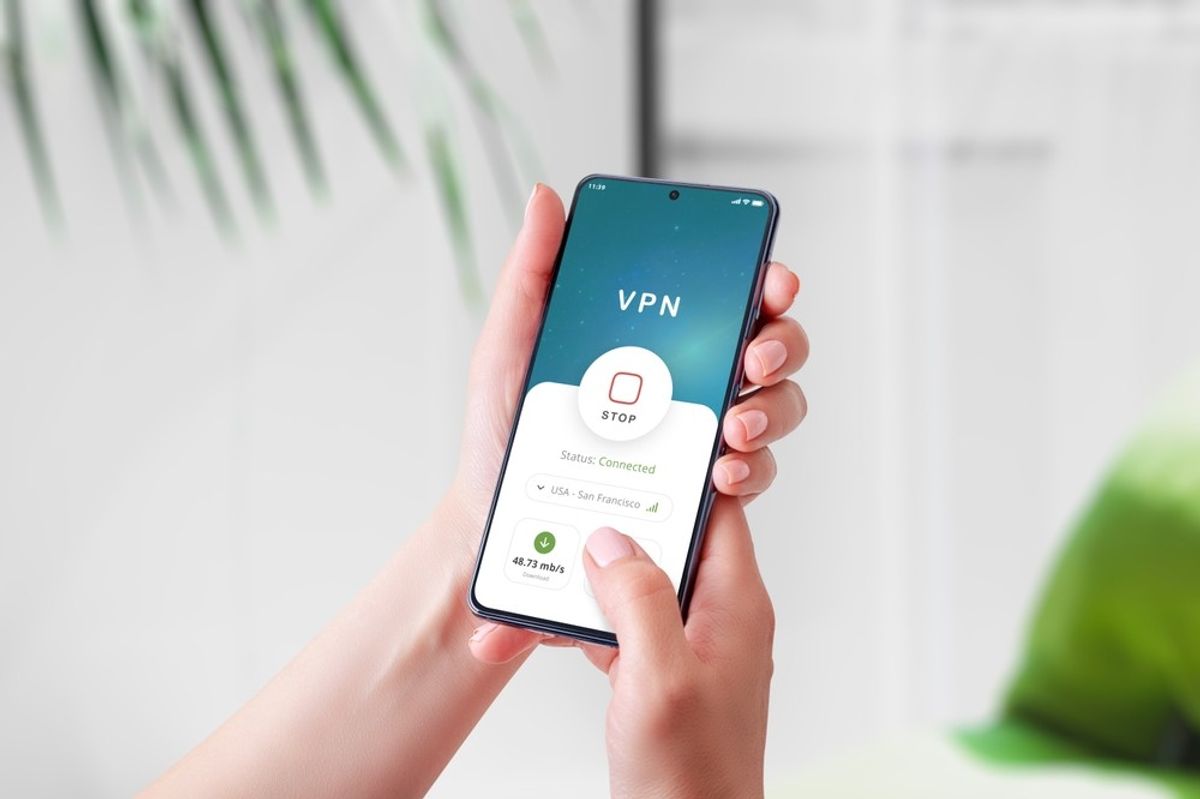
Pakistan has long justified its blocking of websites by citing concerns over immoral or harmful content.
Shutterstock
A Pakistani religious body that advises the government on the compatibility of laws with Islam declared the use of virtual private networks (VPNs) "un-Islamic" on Friday.
The announcement aligns with the government’s ongoing efforts to regulate and whitelist VPNs, a process that gained momentum under the Pakistan Muslim League-Nawaz (PML-N)-led coalition.
While the government frames these measures as necessary for security and regulatory compliance, they have sparked public resistance, particularly amid concerns over censorship.
This pushback was evident in February 2024, when the federal government banned access to X (formerly Twitter). The decision led to a surge in VPN adoption among mobile internet users, with free VPN downloads spiking dramatically as citizens sought to bypass restrictions.
- YouTubewww.youtube.com
The broader implications of such controls were highlighted on November 10, when Pakistan temporarily shut down mobile broadband services and free VPN platforms for several hours.
The disruption ended only after intervention from IT industry representatives, showcasing the delicate balance between government regulation and public access to digital tools.
The Council of Islamic Ideology (CII), which issued Friday’s declaration, justified its stance by pointing to the misuse of VPNs to access blocked websites, which it claimed violates both Islamic and national laws.
“The government and the state are required by Sharia to counter actions leading to evil, moral corruption, and insulting content,” CII Chairman Allama Dr Raghib Hussain Neemi said in a statement.
The council described VPNs as tools for “evasion,” enabling activities such as accessing banned content, online theft, and spreading disinformation.
“Using VPNs to bypass government restrictions amounts to assisting in sin, which is prohibited in Sharia,” Neemi added.
The CII called for a swift crackdown on unregistered VPNs and urged the government to launch public awareness campaigns about the issue through media channels.
The council also stressed the importance of ensuring that national laws align with Islamic teachings.
Pakistan has long justified its blocking of websites by citing concerns over immoral or harmful content. However, critics argue that such measures often extend to stifling dissent and curbing freedom of expression.
Checkered past
The CII, established in 1962, has faced controversy for its conservative rulings. It previously declared DNA evidence insufficient as primary proof in rape cases and upheld a law requiring women alleging rape to present four male witnesses before a case could proceed.
The council has also opposed progressive legislation, including the Women’s Protection Act passed by the Punjab Assembly, which criminalized violence against women, calling it “un-Islamic.”
Additionally, it resisted efforts to impose stricter penalties for child marriages, a stance that drew sharp criticism from human rights activists.
Army chief calls for regulated freedom of expression
Meanwhile, at an event in Islamabad, Pakistan’s army chief General Syed Asim Munir stressed the need for comprehensive laws to address the challenges posed by misinformation.
“Without comprehensive laws and regulations, false and misleading information and hateful statements will continue to destabilize political and social structures,” he said.
The army chief warned that unchecked freedom of expression is leading to the degradation of moral values in societies worldwide. “Where technology has played an important role in the dissemination of information, the spread of misleading and incorrect information is a major challenge,” he added.
Interior ministry orders crackdown
On the same day, Pakistan’s interior ministry directed the Pakistan Telecommunication Authority (PTA) to block “illegal VPNs” across the country.
Authorities cited concerns that such tools are used by terrorists to “facilitate violent activities” and to access “pornographic and blasphemous content.”
The PTA reported that it had blocked 100,183 URLs containing blasphemous content and 844,008 pornographic websites to date.
The authority also claimed that approximately 20 million attempts are made daily from within Pakistan to access pornographic websites, all of which are blocked at the international gateway level.
“It is pertinent to note that Pakistan is considered as one of the leading countries in terms of visiting porn sites using VPNs,” a letter from the minister said, adding that these trends warranted the prohibition of unauthorized VPNs to address the critical threats.
“It is, therefore, requested to block illegal VPNs across Pakistan so that legitimate/registered VPN users are not affected.”


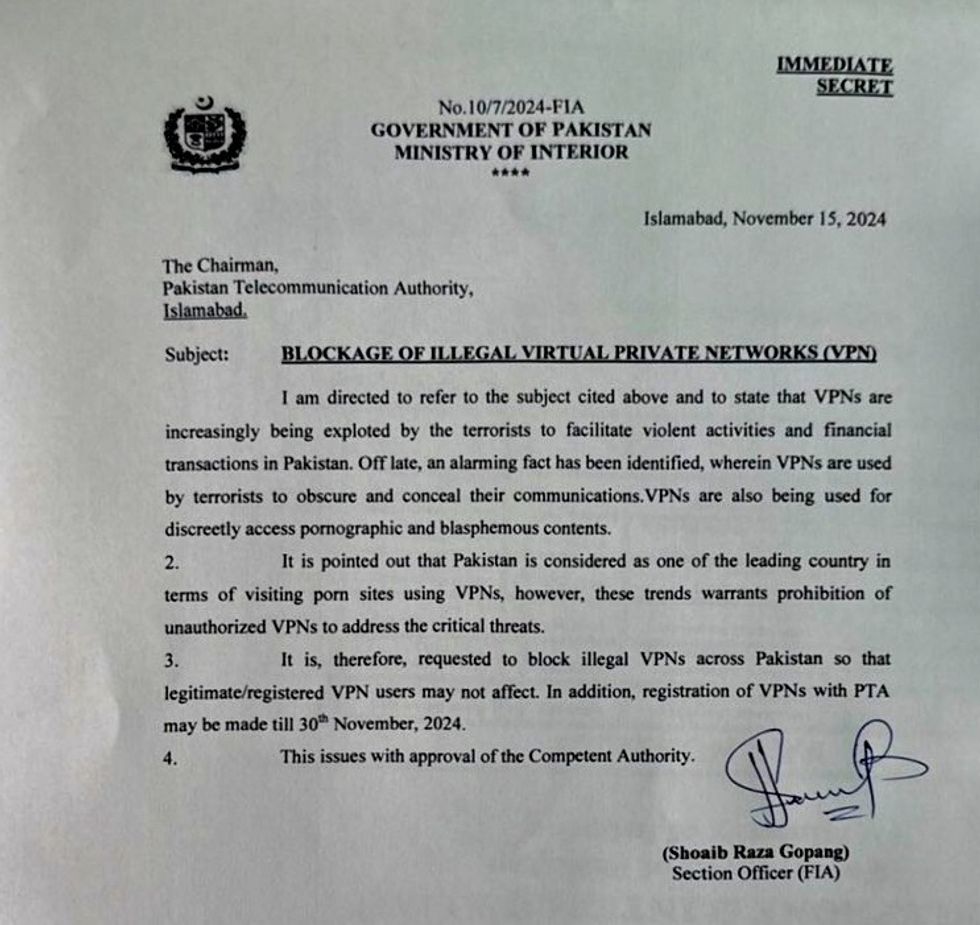
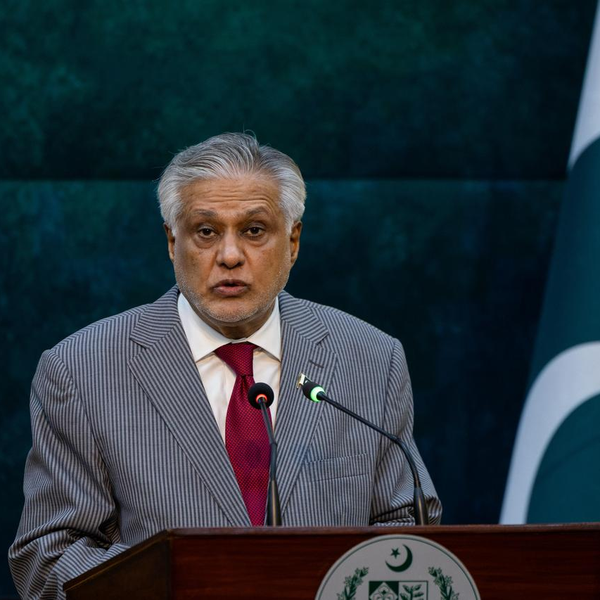
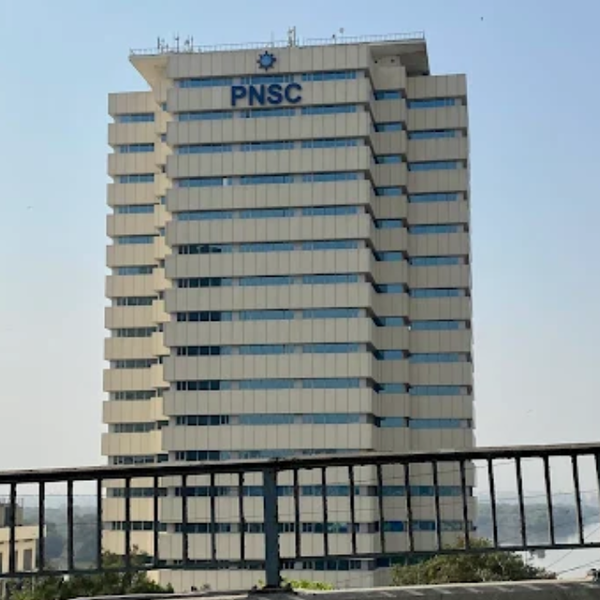

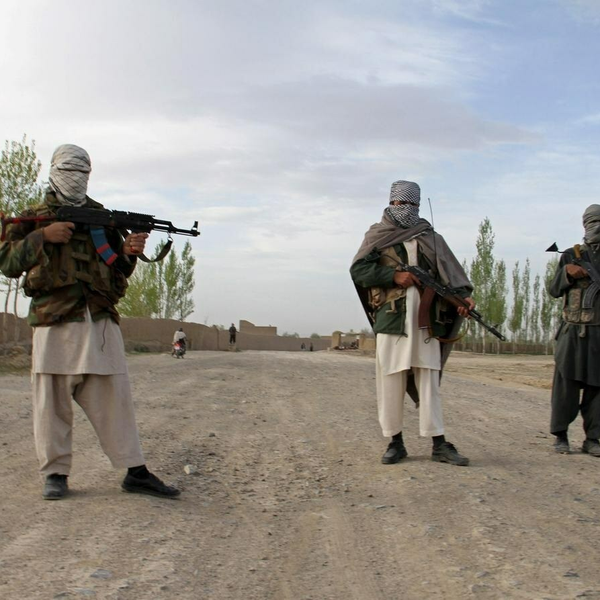

Comments
See what people are discussing